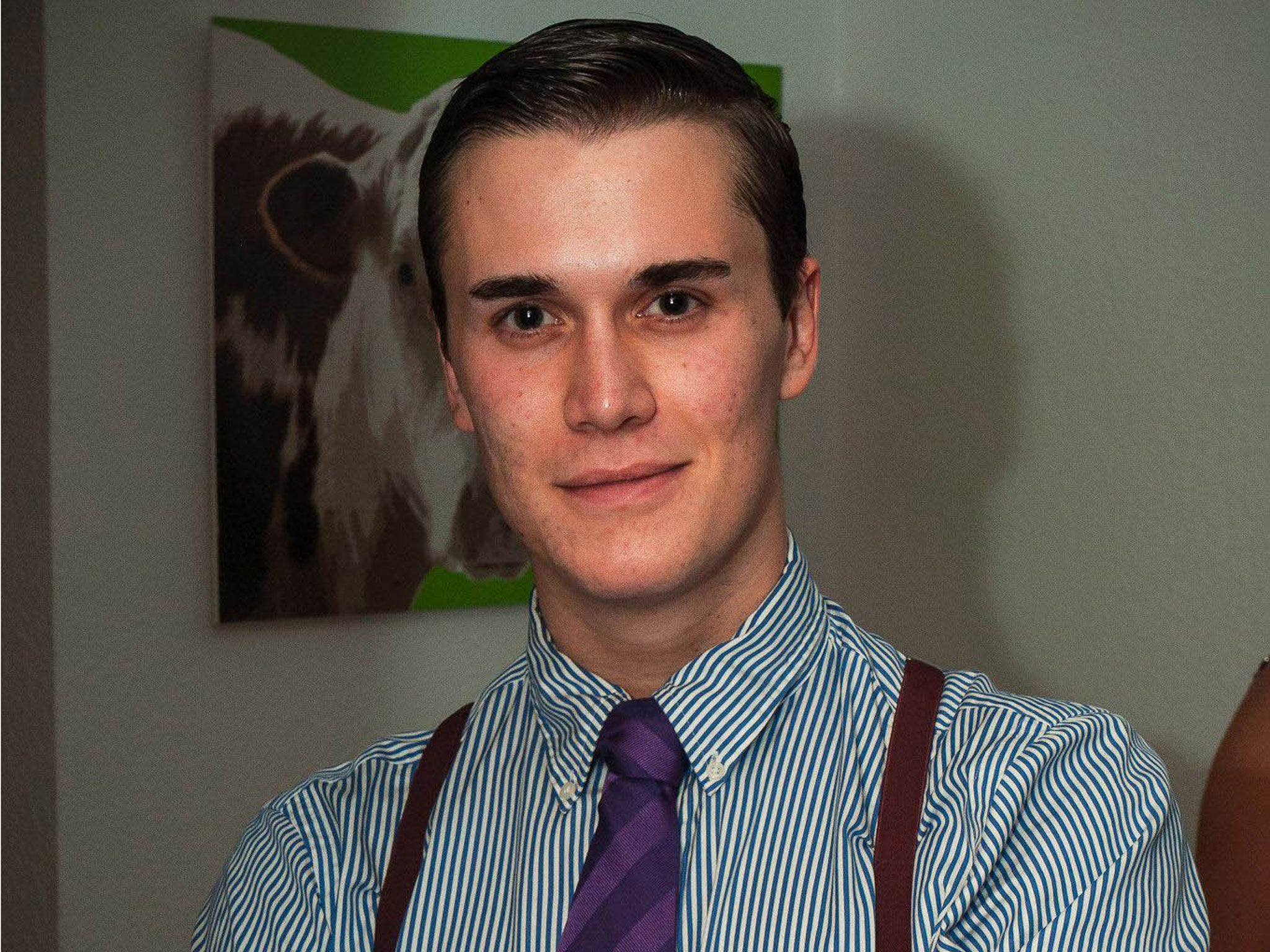Merrill Lynch intern Moritz Erhardt died of epileptic fit, coroner says
21-year-old's death may have been triggered by fatigue

A 21-year-old intern at a London investment bank died of an epileptic fit that may have been triggered by fatigue after working exceptional hours, an inquest has heard.
Moritz Erhardt was a week away from completing a coveted placement at Bank of America Merrill Lynch’s London offices and was due to be offered a job at the bank when his body was found in the shower at his temporary accommodation in August.
An inquest at Poplar Coroner’s Court in east London heard that the German student was taking medication for epilepsy, but had not told anyone at the bank about his condition.
Mr Erhardt’s death sparked calls to overhaul the culture of punishingly long hours in the City of London after it emerged that he had worked through the night several times in the days leading up to his death.
Recording a verdict of natural causes, coroner Mary Hassell said that despite regularly taking medication, Mr Erhardt died after an epileptic seizure that may have been brought on by fatigue. She told the court: “It may be that because Moritz had been working so hard his fatigue was a trigger for the seizure that killed him. But that’s only a possibility and I don’t want his family to go away with the thought that it was something that Moritz did that caused his death.
“He was a young man living life to the full and he was clearly enjoying his time in London and, whilst it’s possible that fatigue brought about the fatal seizure, it is also possible that it just happened. And it is something that does just happen.”
The inquest heard that Mr Erhardt had suffered from epilepsy since 2010 and was taking medication but had not told anyone at the bank. He never complained about his working hours or feeling unwell, and even on the day before he was found dead, appeared to be fine, the court heard.
Mr Erhardt’s father, Dr Hans-Georg Dieterle, described his son as sporty and “full of life” and said from the start of 2010 he had suffered one to two epileptic fits a year but was taking medication for the condition and it was not stopping him from living a normal life.
Speaking through an interpreter, Dr Dieterle said: “He was enthusiastic [about his job], he really enjoyed it. Both his work and his leisure time and being with friends.” He did not complain to his parents about his working hours, the court heard, but they noticed from the time his emails were sent – sometimes at 5am or 6am – that he had worked through the night. “He never complained but especially my wife noticed in the last week that he just didn’t get enough sleep,” Dr Dieterle told the court.
Juergen Schroeder, Mr Erhardt’s development officer at Merrill Lynch, described him as “very motivated, very confident”, but also “very humble, very down to earth”. He revealed that, in a questionnaire about health, Mr Erhardt said he had no medical conditions and was not taking any medication.
Mr Schroeder told the inquest it was difficult to know exactly what hours the student was working and admitted that most interns worked long hours. “Interns in general do work long hours and sometimes past midnight,” he said. “I would say it’s not only the case at Bank of America Merrill Lynch – it’s the case at most banks in London, it’s the case in Germany, it’s the case in, I think, most parts of the world as well.”
But he said it was not only because of the workload, but also due to peer pressure and competition between ambitious employees to work longer hours than each other. “I don’t think necessarily that on each and every project there’s an expectation to always stay late. I think there’s more an expectation, a general expectation for our profession, and you know about that before you join an investment bank, in terms of what you expect from work hours.”
Subscribe to Independent Premium to bookmark this article
Want to bookmark your favourite articles and stories to read or reference later? Start your Independent Premium subscription today.

Join our commenting forum
Join thought-provoking conversations, follow other Independent readers and see their replies